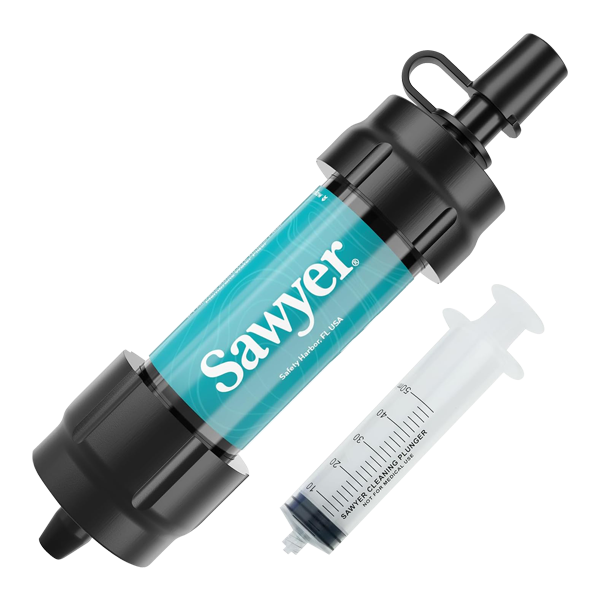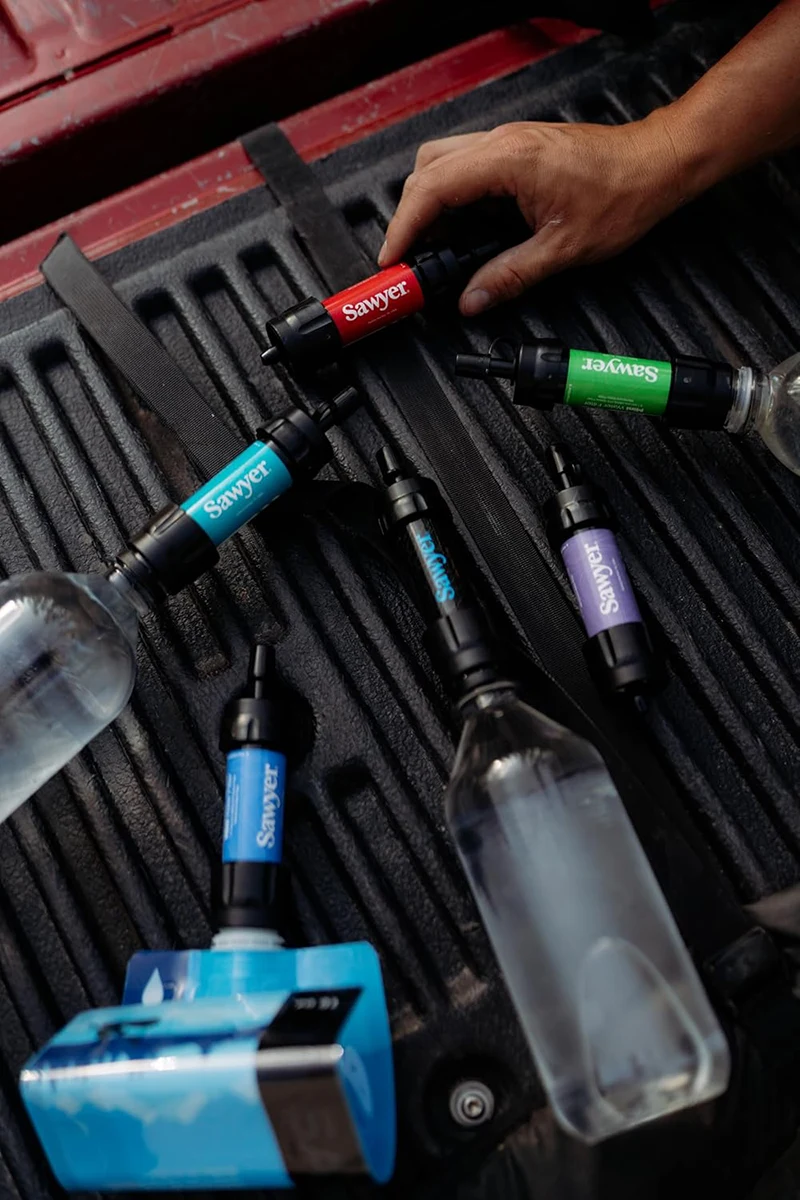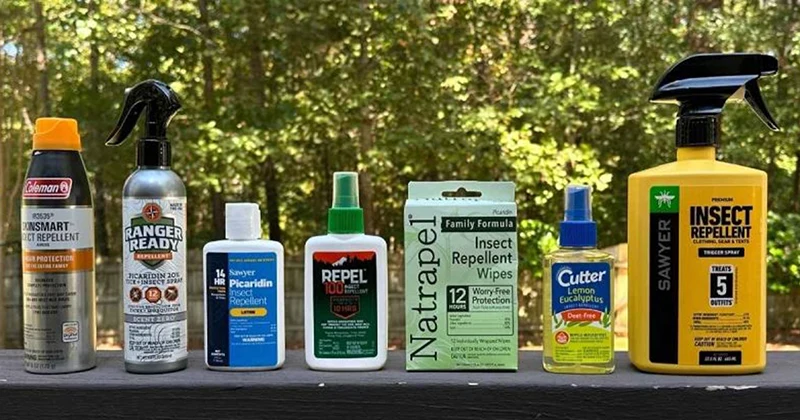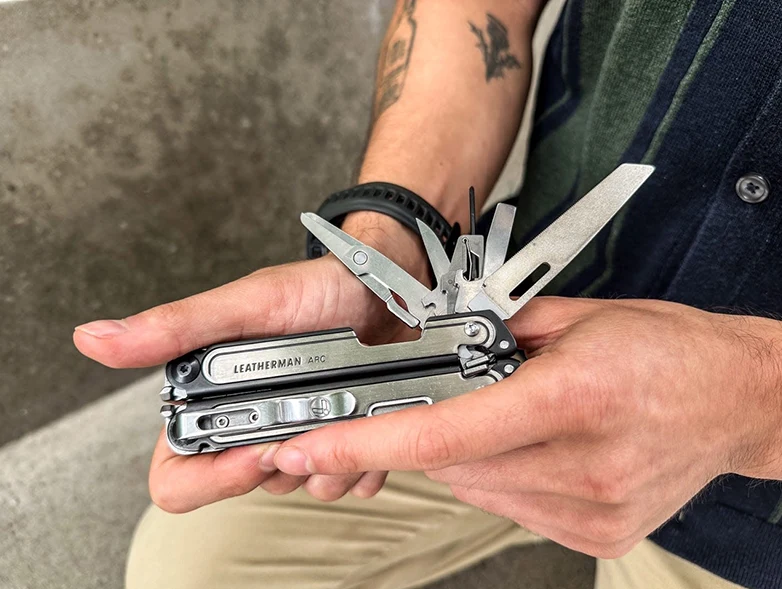Philly Voice: How to select an effective bug spray – with or without DEET
Philly Voice: How to select an effective bug spray – with or without DEET

Philly Voice: How to select an effective bug spray – with or without DEET
YouTube video highlight
Use repellents with [DEET or Pidaridin] to prevent the spread of tick- and mosquito-borne diseases when spending time outdoors.
Read more about the projectHow to Select an Effective Bug Spray – With or Without DEET
Choosing a safe but potent insect repellent to protect against mosquito- and tick-borne diseases such as Lyme disease, West Nile Virus and dengue fever can be challenging due to the many products on the market.
Only repellents containing either the active ingredients DEET or picaridin have research to back their effectiveness. While DEET's safety has been debated through the years, the Environmental Protection Agency deemed in 1998 and again in 2014 that, if used according to directions, it does not pose a danger to human health.
Philly Voice: How to select an effective bug spray – with or without DEET


How to Select an Effective Bug Spray – With or Without DEET
Choosing a safe but potent insect repellent to protect against mosquito- and tick-borne diseases such as Lyme disease, West Nile Virus and dengue fever can be challenging due to the many products on the market.
Only repellents containing either the active ingredients DEET or picaridin have research to back their effectiveness. While DEET's safety has been debated through the years, the Environmental Protection Agency deemed in 1998 and again in 2014 that, if used according to directions, it does not pose a danger to human health.
Philly Voice: How to select an effective bug spray – with or without DEET


How to Select an Effective Bug Spray – With or Without DEET
Choosing a safe but potent insect repellent to protect against mosquito- and tick-borne diseases such as Lyme disease, West Nile Virus and dengue fever can be challenging due to the many products on the market.
Only repellents containing either the active ingredients DEET or picaridin have research to back their effectiveness. While DEET's safety has been debated through the years, the Environmental Protection Agency deemed in 1998 and again in 2014 that, if used according to directions, it does not pose a danger to human health.
























































































































